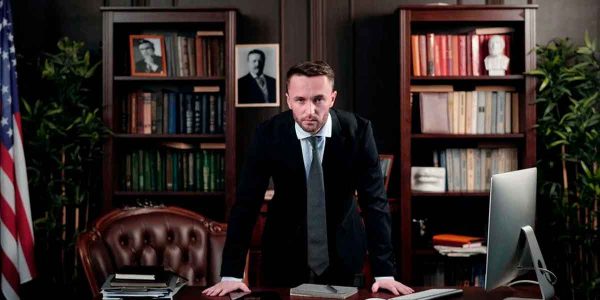After someone’s death, it’s not always easy to identify everything they own. New assets found during or after the probate process can affect the probate’s tax obligations. It may also mean you must repeat some of the already-formed verification steps.
What is probate?
Probate is the process of collecting the deceased’s assets. Moreover, the process of probate also includes paying off real estate debt. Also, the probate process includes distributing the remaining assets to the deceased’s beneficiaries. Personal representatives ensure that there is a proper flow of the process under Minnesota law. However, even the most honest and careful personal representatives can overlook assets. It is common for someone to discover a particular asset left behind months or even years after the complete verification process. For example, you may find Share certificates, pension documents, or valuable immunity belonging to a decedent. What’s more interesting is that there was no mention of these assets in the original case and, thereby, no mention in the will.
However, once the verification process is complete, the behavior will be slightly different, and the available options will change. Whether you are an executor or a beneficiary of someone’s property is essential for proving the problem, and your financial adviser may be able to help clean the air.
The details of the verification process may vary from state to state. But the most important steps are:
- If there is a will of the deceased, confirm the will
- Creating a real estate inventory of deceased assets and liabilities
- Notify creditors that the real estate owner has died
- Sell assets as needed to repay the unpaid debt
- Find an heir if a person is intestate
- Distribution of remaining property to the deceased’s heirs, either will or legally
- Property closure
What happens if one finds assets after probate?
If one finds assets after the property’s closure, one must submit an “Application for Reduction of Abandoned Assets” to the Probate Court. Any “stakeholder” can make such a request. This includes a wide range of people, real estate creditors, or potential heirs.
Under Minnesota Law 524.3-413, the Probate Court may amend a previously issued distribution judgment to include previously omitted property. In other words, the judge will return and resume the prosecution case and use the assets to pay the claims formally filed by the creditor under the terms of a will or the law if there is no will. So distribute innocence in Minnesota, where you can use the assets in.
If additional, there is the discovery of assets after the completion of the probate process, and the executor is responsible for notifying the court that first processed the probate proceedings. The court may allow the executor to distribute these new assets without resuming the property. However, starting a new probate application may be necessary for some states. In this case, the same person can act as an executor or appoint a new person. The inheritor must follow the same steps to distribute the newly discovered asset.
What happens after the distribution of the omitted property?
The personal representative should check the entire property on inheritance tax issues if the omitted property is distributed. The personal representative needs to consider the whole property, including the left-behind property, to determine if the inheritance tax should be paid and, if so, must bear it. In other words, a malicious individual representative cannot pretend to have forgotten a particular asset to avoid paying inheritance tax and later omit assets to avoid paying inheritance tax. “discover” and distribute.
If you are the beneficiary or heir of the deceased and believe that the probate process has not been completed correctly, you may be the cause of a complaint.
If the executor believes or doubts that:
- Deliberately created inaccurate information about real estate
- Abuse or mishandling of real estate assets that result in unfair distribution
- Assets or money was stolen from real estate.
- Otherwise, they failed their fiduciary duty.
Conclusion
The probate process can be time-consuming for both the executor and the beneficiary of the real estate. Understanding what happens after the probate process is complete can facilitate your job when someone appoints you as an executor. Also, if you’re trying to inherit an asset from someone else, you’ll know better about legal rights. Creditors who succeed in enforcing claims in the initial probate procedure may be able to claim new claims against those assets. The split of the remaining assets may depend on whether the deceased had a will and whether it refers to how unrecognized assets are distributed to their heirs.












